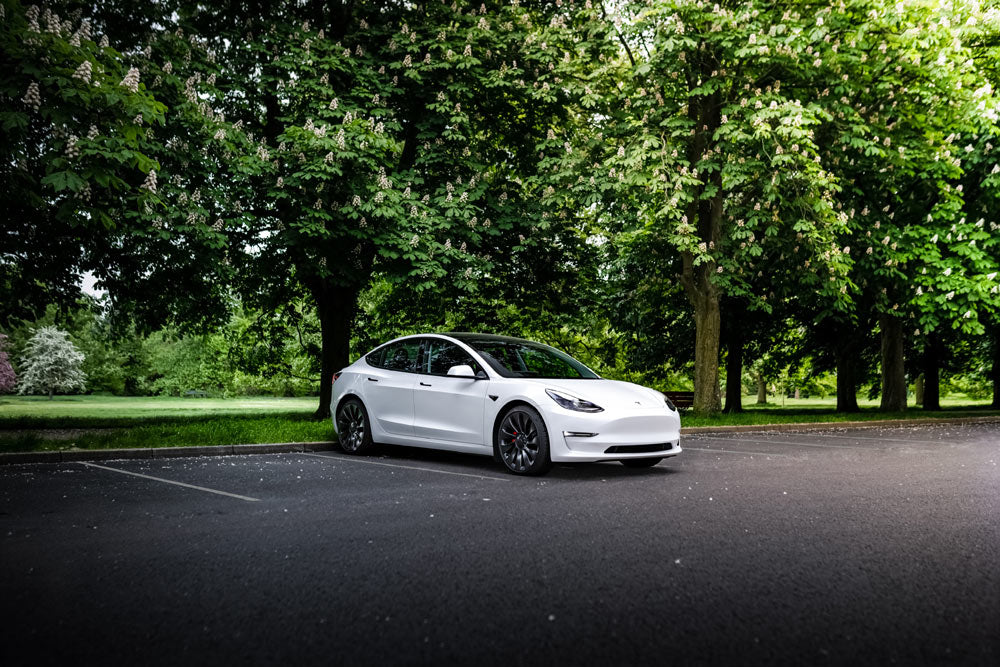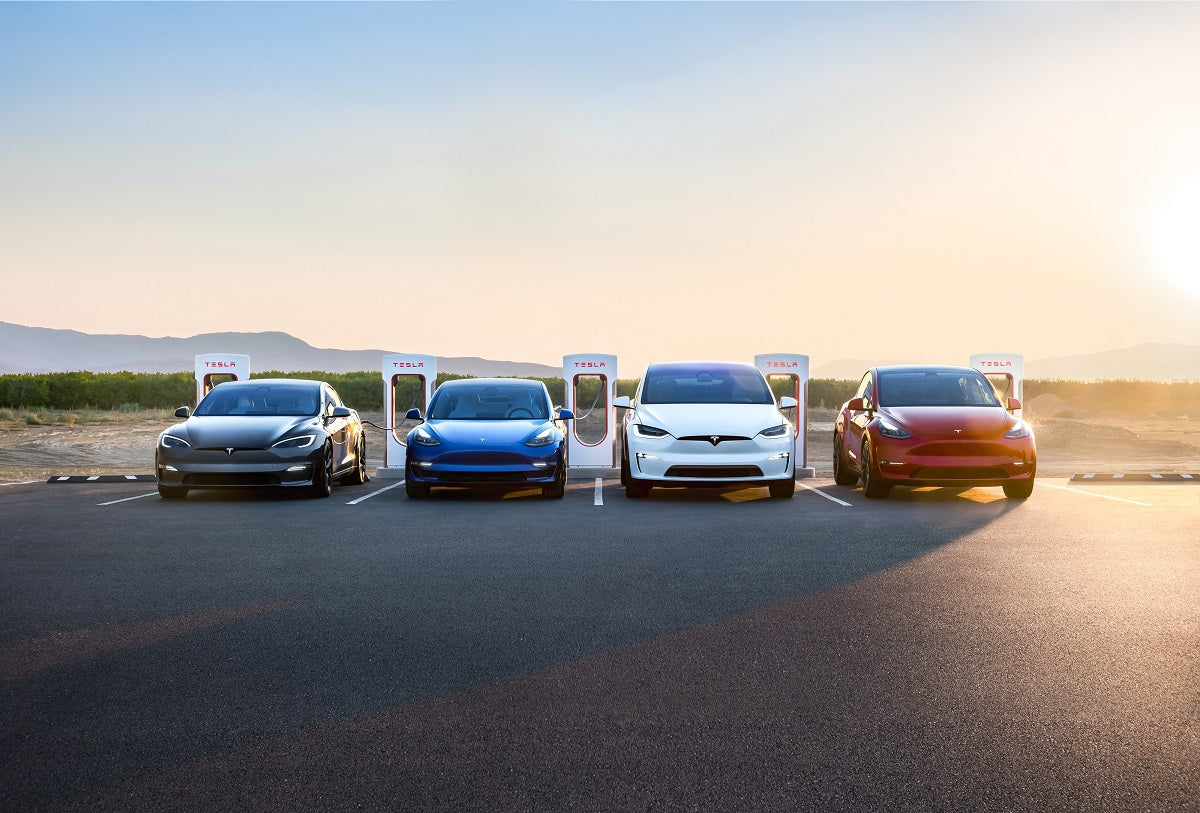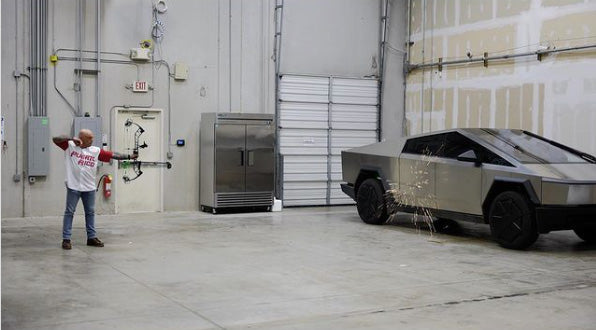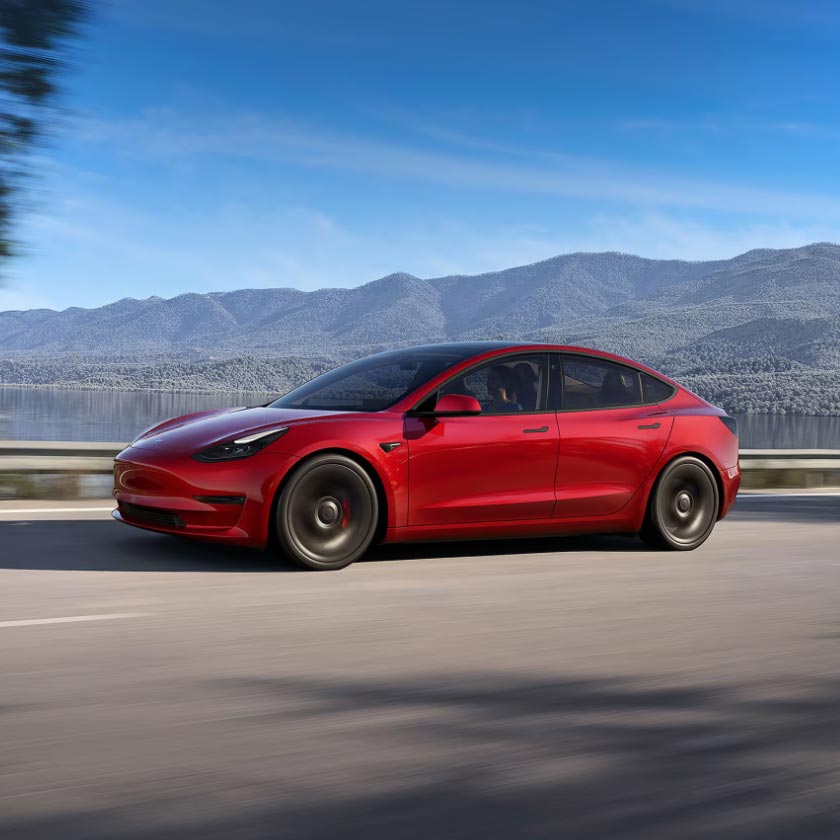The recent California jury decision marks a significant development for Tesla. The verdict relates to a tragic accident that resulted in the loss of a Tesla owner's life and severe injuries to two passengers. Notably, lawyers representing the victims initially attributed the cause of the accident to Tesla's self-driving technology.
On Tuesday, a California jury determined that the crash was not the result of Tesla's driver-assistance software, known as Autopilot. This ruling is significant as it represents the first legal outcome involving a fatal accident in which Tesla's Autopilot system was blamed by the victims' legal representatives. While Autopilot offers a level of autonomous driving, it has faced criticism for its reliability.
This verdict in a Riverside, California state court may set a precedent for similar pending cases across the United States. Furthermore, it could impact public perceptions of Tesla's vehicle quality, given that Tesla accounts for a substantial portion of electric car sales in the country.
Tesla's CEO, Elon Musk, has been vocal about the profit potential of self-driving software, charging customers up to $199 per month for its most advanced driver-assistance system, Full Self-Driving. Despite the names "Autopilot" and "Full Self-Driving," Tesla's software mandates that drivers remain attentive and ready to assume control of the vehicle at any moment.
The lawsuit in California was initiated by Lindsay Molander and her son, Parker Austin. In 2019, they were passengers in a Tesla Model 3 driven by Micah Lee, who tragically lost his life when the car abruptly veered off the road, collided with a palm tree, and caught fire. Ms. Molander and her son sustained serious injuries and attributed the crash to a malfunction in the car's driver-assistance software. During the trial's closing arguments, Jonathan Michaels, representing the plaintiffs, presented internal Tesla documents, which he argued revealed a software defect that could lead to such sudden veering.
Tesla's legal team contended that human error was the primary cause of the accident, emphasizing that the software was incapable of causing such a sudden swerve. Michael Carey, a Tesla attorney, argued that Mr. Lee, who had consumed alcohol at a restaurant near Disneyland in Anaheim, was responsible for the crash. Although Mr. Lee had alcohol in his system, it did not reach the legal limit for intoxication in California at the time of the accident.
In the words of Mr. Carey, "This product is doing a really good job," highlighting that Autopilot plays a role in enhancing safety.








